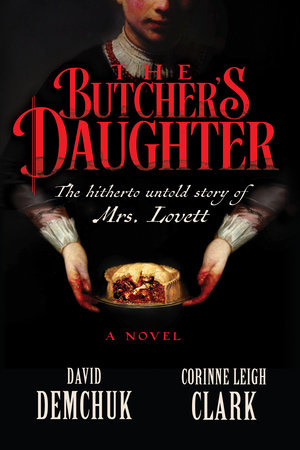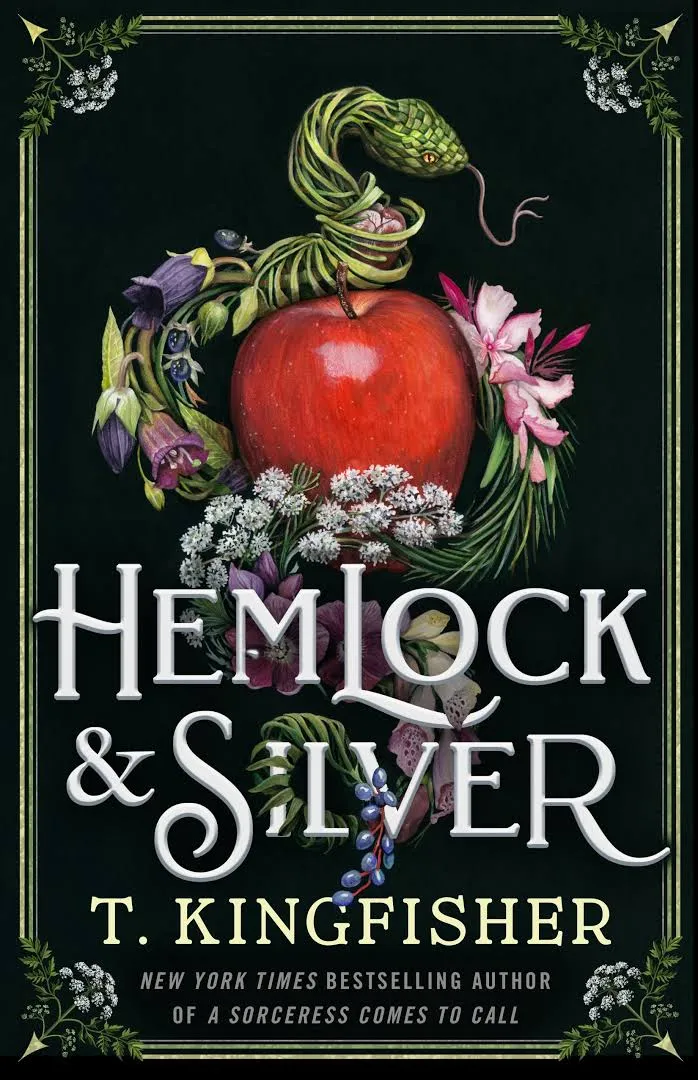In The Wake: A Book Discussion
- Chyina Powell

- Sep 28, 2021
- 2 min read
Living In The Wake
In a world where people are often marginalized and many more are forgotten, I find that works such as Christina Sharpe’s In The Wake: On Being and Blackness are more necessary than ever. When I first read this book, I was astounded by the imagery and what it meant for the Black population of the United States as well as those within the diaspora.
My first experience with this masterpiece was in a seminar called Black Women’s Intellectual History during my time at the University of Pennsylvania. As a Black woman, I have been bombarded with questions on slavery and the “Black experience.” And during the Obama years I was consistently reminded that we lived in a post-racial society and that I should stop being so angry about the past, that I should let it go. This class brought to my attention some amazing scholarship by women of color, scholarship that I am sure I would have never found otherwise. And when In The Wake was assigned, I was truly pleased. It was an explanation, one that I could give to others to read as to why I couldn’t just “let it go.” I live every day in the wake of the history of colonization, slavery and state violence. And this piece allowed me to feel validated in my own experience and share it with others in a way that could not be declared subjective. Her presentation of society and its implicit anti-blackness is powerful and straight-forward.

Since I read it, I have discussed this book with many, including people I have come across at seminars and conferences because it has influenced me that much. Aside from the imagery, the history Sharpe showcases makes her point easier to see for those who are not of a minority group as well as those who are not native to the U.S. Using plain language Sharpe discusses the daily life of America’s Black population and the afterlife of slavery. From the wake left by boats during the transatlantic slave trade to the wake of police brutality and unjust prison systems, Sharpe tells of the fear of being a Black person in a way that is comprehensible and concise. Additionally, Sharpe’s work has led me to seek out more information, to look towards her sources and to build my scholarly arsenal which is why I advocate for it as much as possible.
Thanks for reading! If you like what you just read, please follow this blog! I would really appreciate it as it helps me out. And leave a comment down below even if it’s just a thumbs up or down, I want to know how you guys like the content I publish. Be sure to share this post with another bookish person and come back on Mondays and Fridays for more.
Happy reading,
Chyina




Comments